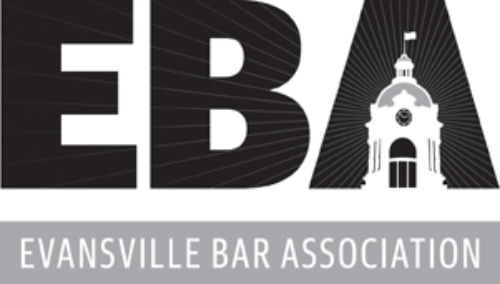WASHINGTON (May 14, 2021) — Today, the U.S. Environmental Protection Agency (EPA) is taking the first step to develop a proposed rule to reduce methane and other harmful pollutants from new and existing sources in the oil and natural gas industry, beginning with a broad public outreach effort to gather community and stakeholder input. These activities include holding training sessions on the rulemaking process and how to participate in it, convening listening sessions for stakeholders, and opening a public docket for pre-proposal comments.
The oil and natural gas industry is the largest industrial source of U.S. emissions of methane, a potent greenhouse gas, and its facilities and operations also emit smog-forming volatile organic compounds and toxic air pollutants such as benzene. Today’s actions are in response to President Biden’s Executive Order 13990, and are key steps toward EPA’s commitment to deliver public health protections from methane pollution for communities across America.
“As we move forward to reduce pollution from oil and gas operations, it is vitally important to hear from all stakeholders, including those from impacted communities and industry,” said EPA Administrator Michael S. Regan. “This process enables EPA to engage with communities that have historically borne a disproportionate burden from pollution so that we can ensure those voices are reflected in our policymaking.”
President Biden’s Executive Order “Protecting Public Health and the Environment and Restoring Science to Tackle the Climate Crisis†called on EPA to consider issuing a proposed rule by September 2021 to strengthen standards for methane emissions from new, reconstructed, and modified oil and natural gas sources and to address methane emissions from existing sources.
How to share input:
- Training webinars: On May 25, 26, and 27, 2021, EPA will hold training webinars for communities, Tribes and small businesses to provide an overview of the oil and natural gas industry and share information to help members of those groups effectively engage in the regulatory process. Each training will be held at 2 p.m. eastern time.
- Public Listening Sessions: EPA will hold virtual public listening sessions from noon to 9 p.m. eastern time June 15, 16, and 17, 2021. During the listening sessions, registered members of the public will have the chance to provide their views on the oil and natural gas industry as it relates to climate change, health and EPA’s upcoming proposed rule. The agency also has opened a non-rulemaking docket for people who wish to provide their input and perspectives in writing.
- Docket for public input: Beginning today, members of the public may submit their perspectives and input to the docket in advance of the September proposed rulemaking. Instructions for submitting input are available on EPA’s website, listed below.









